Professor Shareshian’s research interests include algebraic and topological combinatorics. His recent courses include “Foundations for Higher Mathematics” and “Linear Algebra in Combinatorics.”
John Shareshian studies problems in combinatorics that arise in or have consequences for other fields of mathematics. Combinatorics is the study of discrete, typically finite, mathematical structures. Such structures arise often in mathematics and the natural and social sciences, leading to various applications. For example, networks of various types are modeled by combinatorialists as graphs, which are simply collections of points, some pairs of which are considered to be related.
Despite the simplicity of such models, mathematicians have derived many deep and applicable theorems about them. Perhaps surprisingly, there are close connections between combinatorics and other fields of mathematics in which non-discrete objects are studied, including topology and geometry. The work of Shareshian involves the close study of such connections, with the aim of solving problems about both discrete and non-discrete structures.




